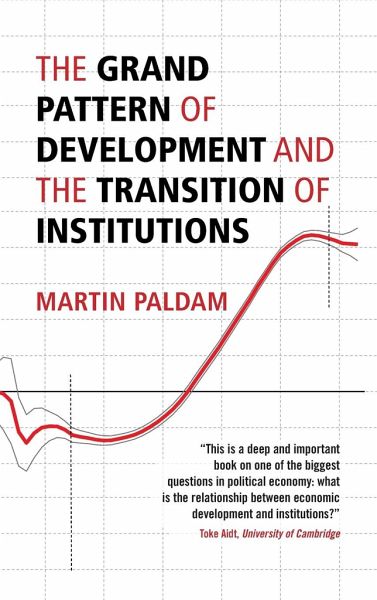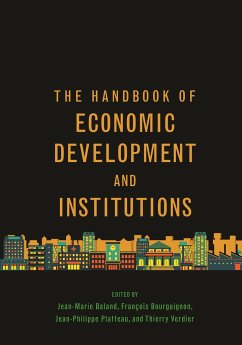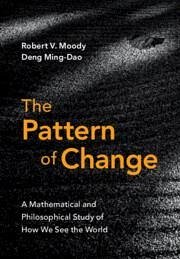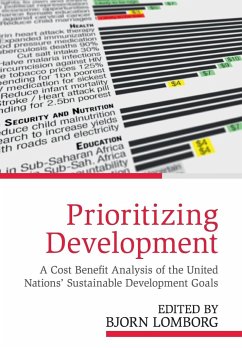
The Grand Pattern of Development and the Transition of Institutions

PAYBACK Punkte
22 °P sammeln!
Summarizes the relationship between economic development with regards to income on the one hand and the evolution of institutions on the other; the transition of countries from one economic and social system to another. Challenges traditional views on development to show the direction of causality is from income to institutions.














